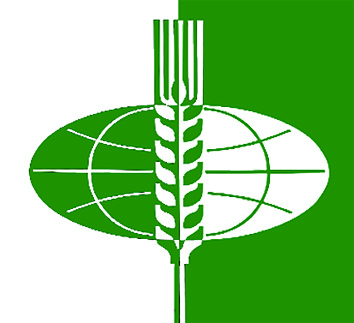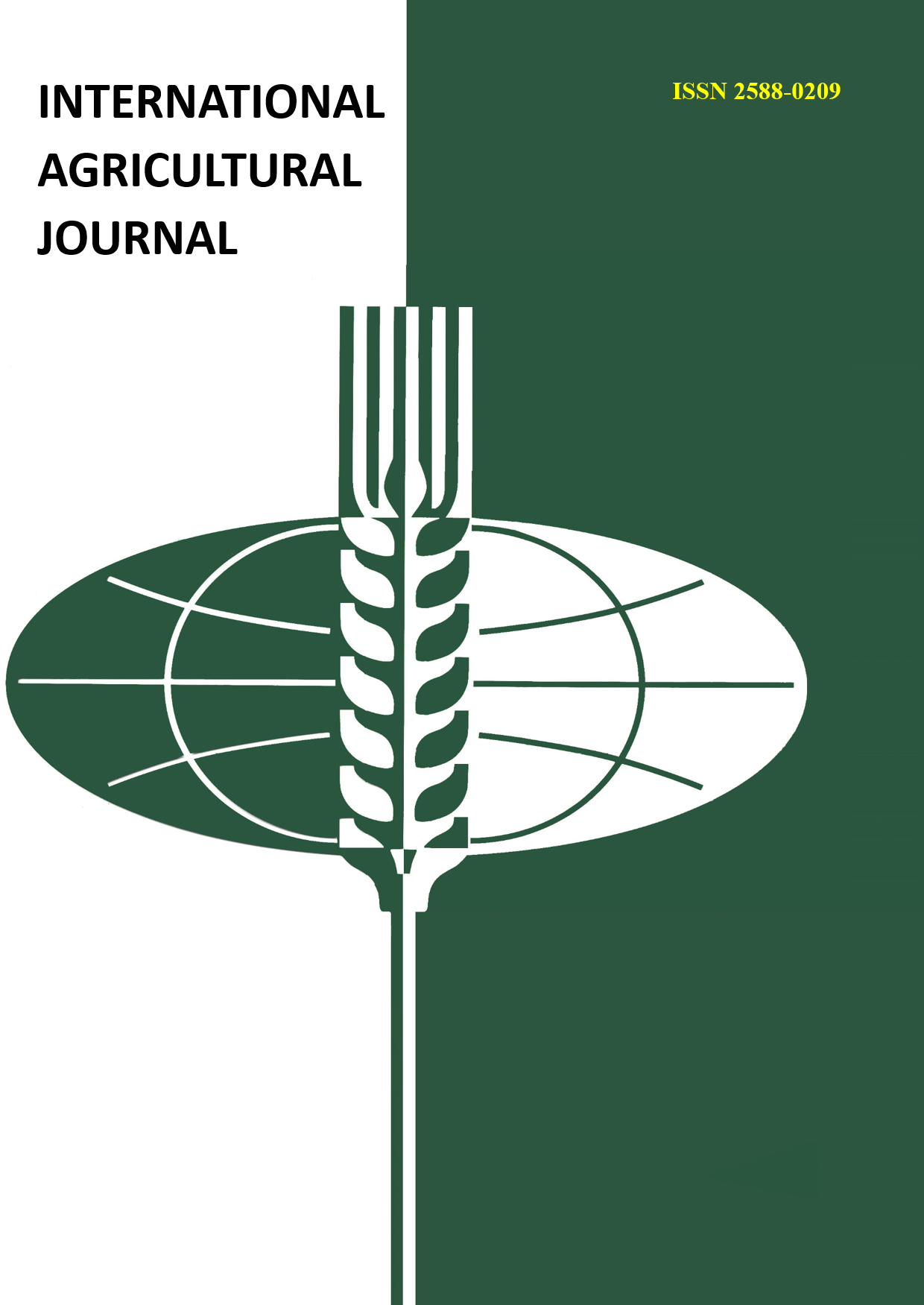Food security is one of the most important problems caused by the systemic crisis and recession in all sectors of the economy. The article is concerned with the analysis of the mechanism of state regulation as part of the process of ensuring the food security of the Russian Federation. The process that ensures food security is fraught with certain risks and threats. To mitigate those, Russia uses a set of certain tools of state regulation, which are expressed through threshold values used for the ratio of the domestic production output of agricultural products, foodstuffs and raw materials to the volume of its domestic consumption, and which also include the implementation of state programs to support domestic agricultural producers. As a tool for ensuring the food security in the Russian Federation, the state regulation shows a number of disadvantages: the actual indicators of the level of self-sufficiency for a number of products are not significantly lower than the threshold values; the government support programs do not ensure the achievement of the expected results of the import substitution policy; and scientific research and development, as well as the agricultural infrastructure, are poorly developed. The existing disadvantages can be eliminated through the territorial-sectoral specialization of labor, research and development, as well as through the improvement the regulatory environment.
gosudarstvennoe regulirovanie, gosudarstvennaya podderzhka, prodovol'stvennaya bezopasnost', importozameschenie, sel'skoe hozyaystvo, gosudarstvennaya programma














